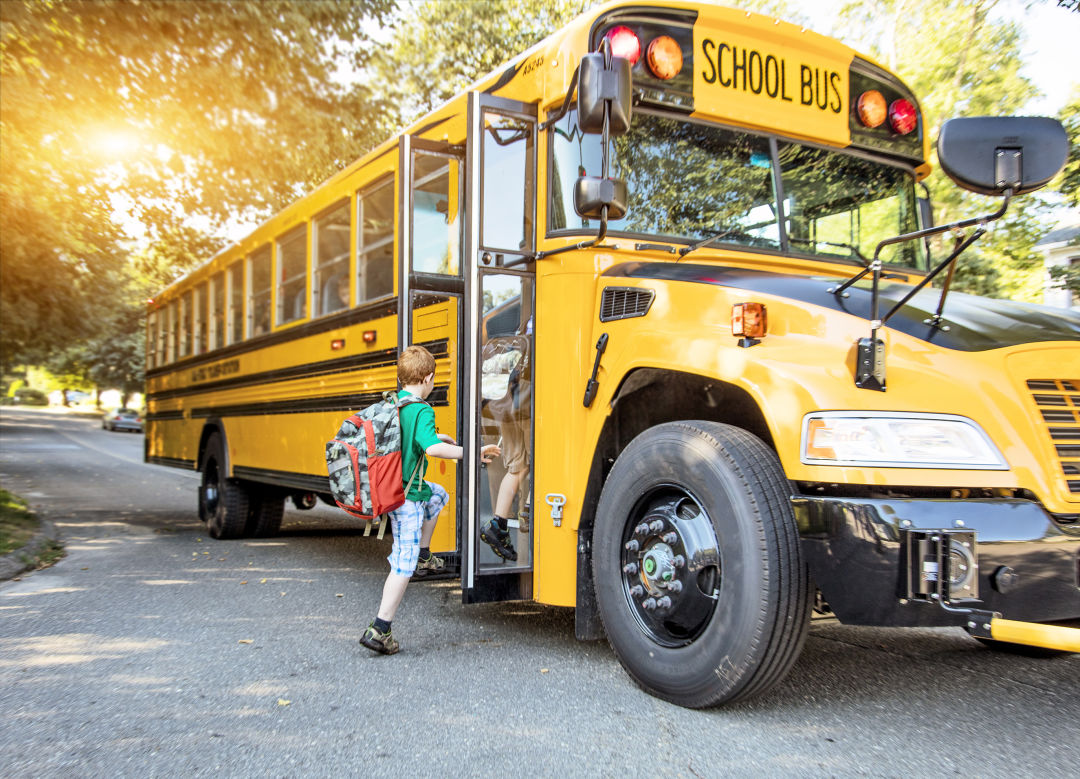How Picking a School Splits Portlanders into Hostile Camps

Image: Shutterstock
Expectant parents quickly learn that they are entering a battlefield of contesting cliques. Everyone wants to know if you’re with them or against them. Cloth or disposable? Co-sleep or crib? Breast or bottle? (Though in Portland, going “bottle” is less like joining an army than becoming a hunted refugee. A formula feeder should prepare for levels of disdain otherwise reserved, round these parts, for Trumpistas and composting refuseniks. But I digress.)
And it never ends. As spring unfolds, the great parental sorting ritual takes place—at least among those lucky enough to afford an actual choice—as the question of Where the Children Will Go to School is settled.
This can be a matter of near-religious intensity. Waldorf or Montessori, language-immersion or nature-based, any educational path can be a life-altering decision for a family. Do you intend to visit Disneyland? Will you allow toy lightsabers? Plan to pack individual juice boxes in lunches? Think carefully. Some trendy educational philosophy or another will condemn each (or all) of the above. At certain schools, allowing your children to touch electronic devices or to belt out “Let It Go” is considered akin to issuing them switchblades and hot glue guns and locking them in the basement for the afternoon.
But let us not judge. Collectively, my three boys have gone to a shocking variety of schools. In preschool, that meant three corporate child care centers (with a revolving cast of name-tagged employees), two co-ops (one Jewish—we’re not), a Montessori school, a Waldorf-inspired in-home preschool, and a prekindergarten located at a public school. They’re now 7, 8, and 16, and between them they’ve attended neighborhood schools, a Portland Public Schools alternative program, a Catholic school (we’re not Catholic, either), and a private school. And we still fret over the years of contentious decisions that lie ahead.
It all begins with the public vs. private question. Everyone has heard about parents in, say, New York City going to absurd lengths to get fetuses headed for the private schools of their choice. In Portland, there’s a reverse twist: Nationally, about 10 percent of kids go to private school, and that’s generally considered a fine idea. But in Portland, there’s a distinct pressure to send your kids to your neighborhood public school—no matter what—for the good of the neighborhood. Portland parents may see children who depart for private/charter/alternative schools as depleting their own child’s experience at the place down the street. Which may be true. And, certainly, neighborhood schools offer a lot. They’re in your neighborhood, for starters. You’ll meet people, build community, and spend less time getting there.
But neighborhood schools are by necessity fairly generic, which might work well for your child, but might not. (Imagine if everyone in the city had to work in the same type of office.) Parents who get their kids into the public schools’ various alternative programs face another kind of social static. When one of my boys turned out to be talented at math, our neighborhood school’s principal recommended ACCESS, the PPS program for gifted students. Just before the school year started, a party full of neighborhood parents compared notes about their kids’ teacher assignments. We wouldn’t be back, I said a little sheepishly: my son was going to ACCESS.
“Oh really,” said one mother, with a look that could have peeled the label off her microbrew. “I didn’t know he was so smart.”
A long and quirky road eventually led that same boy to a private school. If I had a nickel for every time someone told me private school isn’t “the real world,” private school would be a lot easier to afford. Meanwhile, the private tribe isn’t shy with opinions, either. They’re making sacrifices for the best possible education—sacrifices, I infer, that more people should make. And now that I have kids in both private and public, I suspect that people wonder why we have one favored child, and what’s wrong with the other two.
Also under the public umbrella, Portland has many options for alternative, immersion, and charter schools entered by lottery. Hopefuls might spend hours at long meetings, exploring them all. And then they might realize that, once siblings of those schools’ current students get first dibs, landing a spot is about as likely as this year’s Blazers sweeping the NBA Finals. In 2012, for example, Emerson School, a public charter in the Pearl District, fielded more than 300 applications for 13 spots—for the whole school. Our would-be kindergartener was 11th on a waiting list of 182, which almost felt worse than being 182nd.
The truth is that every kind of school offers a distinct flavor of education. It would be nice if everyone could cut each other a little slack: let’s assume we’re all trying to make the best move for our kids, while doing the best we can to support the greater good. And maybe the perfect school isn’t the most crucial thing, anyway. Maybe it’s more important to sit down together for a home-cooked meal and a deep conversation each night.
Surely, every family is doing that, right?




